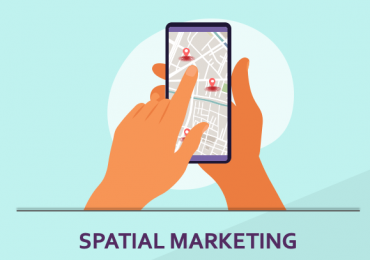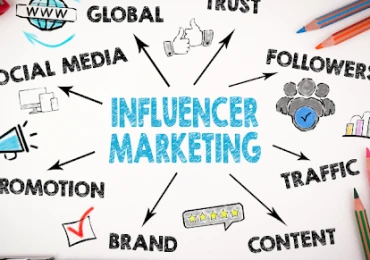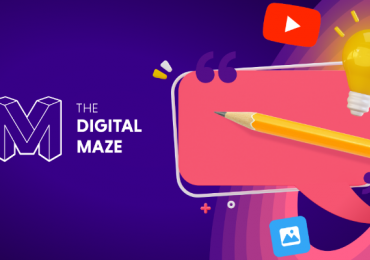
It is a marketing strategy that focuses on engaging customers in interactive and live experiences with the brand or product, which enhances emotional connection and creates lasting memories.
Characteristics of experiential marketing:
1. Direct interaction: Allows customers to experience products in a practical and direct way.
2. Immersive experience: Makes customers feel like they are part of a comprehensive and enjoyable experience.
3. Emotional arousal: Focuses on stimulating consumer emotions, such as joy or surprise.
4. Memories creation: Aims to provide memorable experiences that remain in the consumer's mind.
Examples of experiential marketing:
1. Interactive events: Such as organizing festivals or exhibitions that allow consumers to experience products.
2. Free samples: Providing samples of products in stores to allow customers to try them before purchasing.
3. Immersive experiences: Such as creating virtual reality or augmented reality environments that allow consumers to explore the product in a new way.
Benefits of experiential marketing:
1. Enhancing loyalty: Unique and enjoyable experiences increase consumer attachment to the brand.
2. Increasing brand awareness: Innovative experiences create buzz and increase brand recognition.
3. Motivate purchasing decisions: A positive experience with the product encourages consumers to buy.
4. Create an emotional connection: It contributes to building a strong and lasting relationship between the brand and the consumer.
Using experiential marketing, companies can stand out in the market by providing innovative and engaging experiences that make the brand more relatable and influential to customers.

18/08/2024

30/08/2024

14/08/2024

31/08/2024

18/08/2024

26/08/2024

14/08/2024

23/08/2024

01/09/2024

20/08/2024

23/08/2024

17/08/2024

30/08/2024

17/08/2024

31/08/2024

20/08/2024

20/08/2024

01/09/2024

14/08/2024

25/08/2024